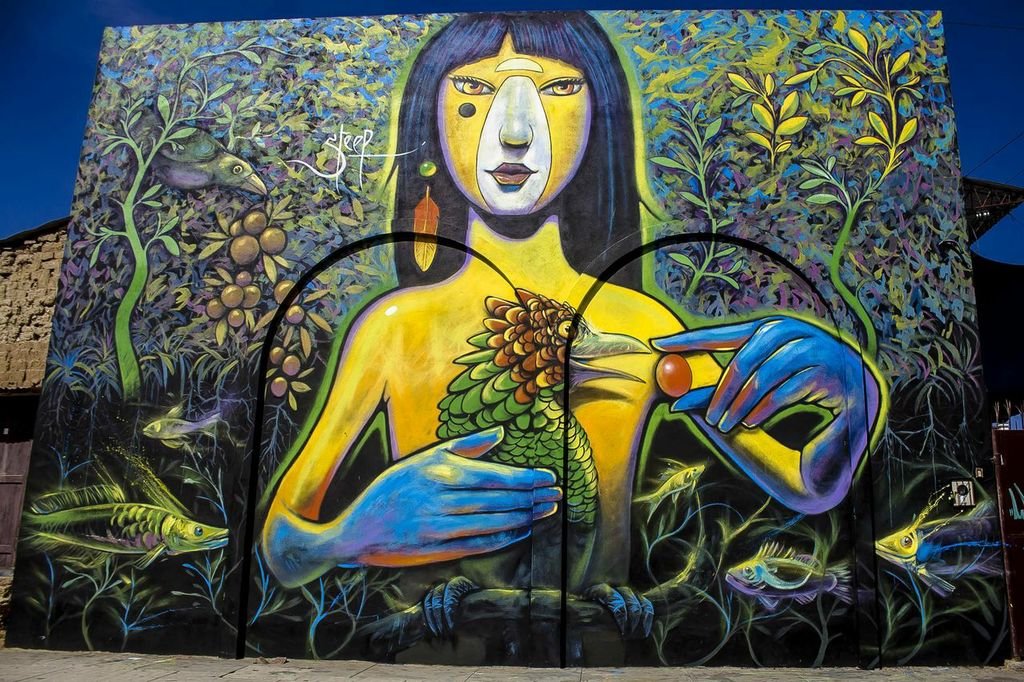Welcome to our February Newsletter!
It’s an extra long February this year with 29 days! But hopefully the additional day gives us space to breathe in and out during some tough times. Nonetheless, there is Black History Month, Lunar New Year, Mardi Gras, (also known as Carnival or Shrovetide), Super Bowl Sunday, Valentine’s Day, and much more to celebrate.
up next: Anónimo from amazonia: Bolivian Mission Baroque
The road to Concepcíon
Dig out your wide-brimmed hats and sun screen, as we prepare to voyage to the Amazon basin of Bolivia for our next concert-set:
Friday, March 8, 2024 at 7pm at Brattleboro Music Center, Brattleboro VT (tickets at bmcvt.org)
Saturday, March 9, 2024 at 7pm at Friends Meeting House, Cambridge
Sunday, March 10, 2024 at 3:30pm at Follen Community Church, Lexington
José Aguirre Achá. 1933. La Antigua Provincia de Chiquitos. La Paz, Bolivia. P.7
In 1690, when Jesuit priests arrived in the region of eastern Bolivia, known as the Chiquitos, they established 10 missions, which today stand as a Unesco World Heritage Site, thanks to their rehabilitation spearheaded by the Swiss architect, Hans Roth in the 1970-90's.
Music was the chief means by which the Jesuits communicated with the native people. Within each settlement (reduccion), a choir and orchestra were formed, consisting typically of 30-40 musicians. Led by a Chapel Master, who was an Indian, the student musicians would learn to play and sing by heart European music brought over by the Jesuits. At the same time, thanks to the indigenous performers, who played on instruments made by themselves, who composed and included texts with their own languages, the music they created resulted in a new repertoire, which we now call Mission Baroque.
Detail, Santa Ana Mission, Bolivia ©G.Groesbeck
Two important collections of South American missionary music reside in Concepción, Bolivia (from the missionary churches of San Rafael and Santa Ana) and the former Jesuit Missions of the Moxos Indians. It is from these two main archives, where many moth-eaten manuscripts were saved from obscurity thanks to Dr. Piotr Nawrot, that Sarasa will perform both secular and sacred works by the Indigenous peoples. Notwithstanding its clear European roots, Mission Baroque music has a sweet, soft, very gentle sway that encapsulates the earth and sky of this region, and the benignity of the people and their languages of Chiquitanos, Moxos, and Guaraní. Sarasa is delighted that anthropologist Dr. Bret Gustafson (University of Washington at St. Louis) will join us for these concerts. He will interweave some of the history of this Amazon region — its peoples and languages — giving greater context to the music. Not to be missed!!
still streaming: French New Wave baroque
Perhaps Sarasa's latest concert-set “French New Wave Baroque” will help you keep your winter evenings filled with warmth and delight. We had a special weekend of concerts exploring the rich palette of French Baroque music, showcasing each instrument’s unique sound world, culminating in Telemann’s wonderfully hypnotic Paris Quartet in E minor. Stream here for a limited time.
exciting outreach announcement:
As you may have heard, Sarasa is delighted to have been awarded our first federal grant from the National Endowment for the Arts, which will provide vital support for our outreach presentations and residencies at teenage detention centers in the Greater Boston area over the period of June 2024 - May 2025. “The NEA is delighted to announce this grant to Sarasa Ensemble, which is helping contribute to the strength and well-being of the arts sector and local community,” said National Endowment for the Arts Chair Maria Rosario Jackson, PhD. “We are pleased to be able to support this community and help create an environment where all people have the opportunity to live artful lives.”
more outreach news:
During our most recent Outreach Presentations for two units in Worcester, we met two groups of 15-18 year-old males. Somewhat surprisingly, they were incredibly responsive to the French Baroque music we played for them, and enjoyed conducting us and getting “sturdy,” a hip-hop dance term we learned about thanks to them. One of the teens hesitantly put up his hand when we asked if anyone played an instrument. He quietly admitted, “I played the cello.” Later on, we convinced him to come up and try to play Tim’s cello. Just by moving the bow across the open strings, he was able to play along with the rest of Sarasa for a Tambourin by Jean-Marie Leclair, something that the entire room (staff and teens alike) cheered on. For a brief hour, these young men shared their innate musical selves with us, and it was perhaps the most inspirational moment of our Sarasa week.
— Martin Luther King Jr., Nobel Peace Prize 1964 acceptance speech





















